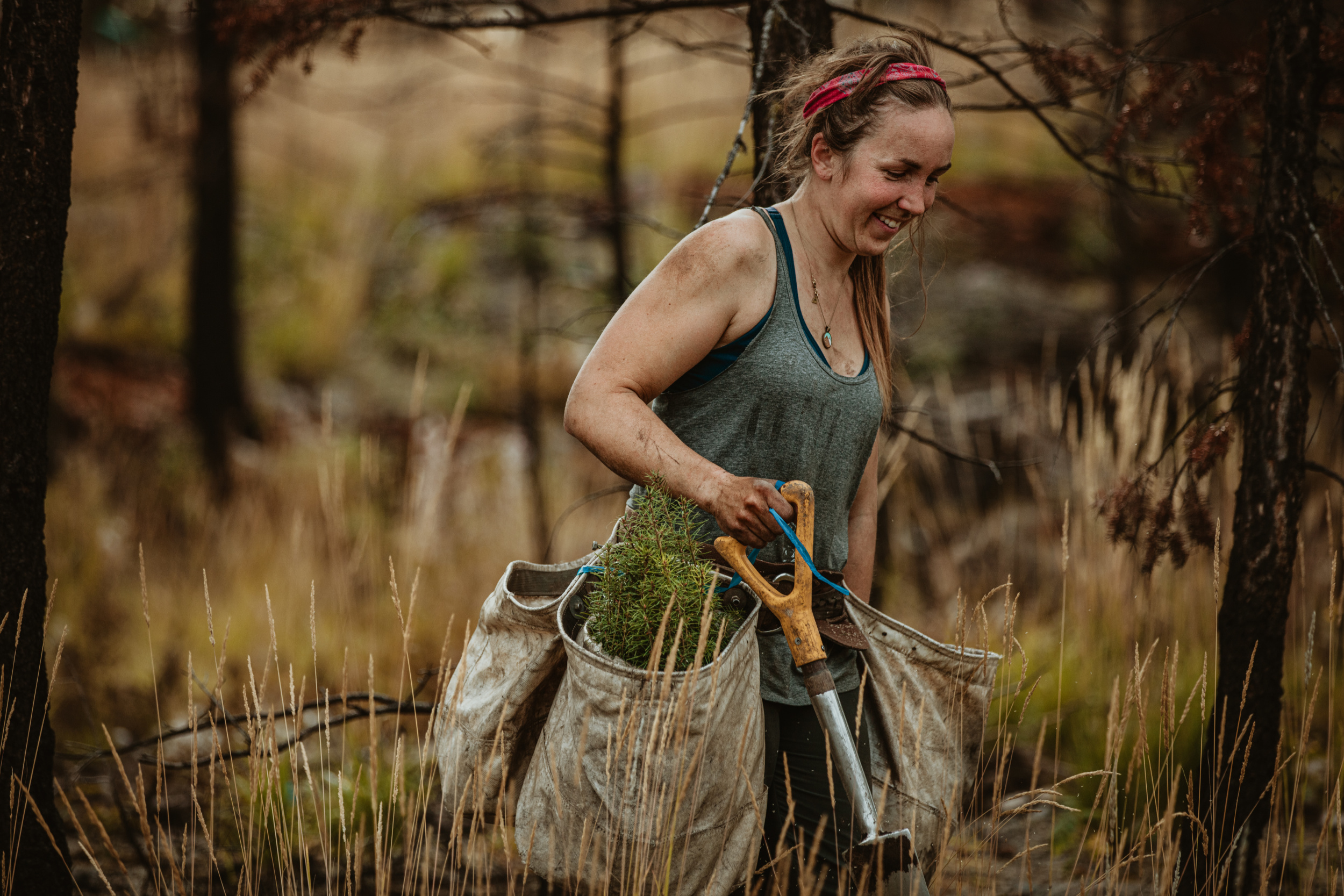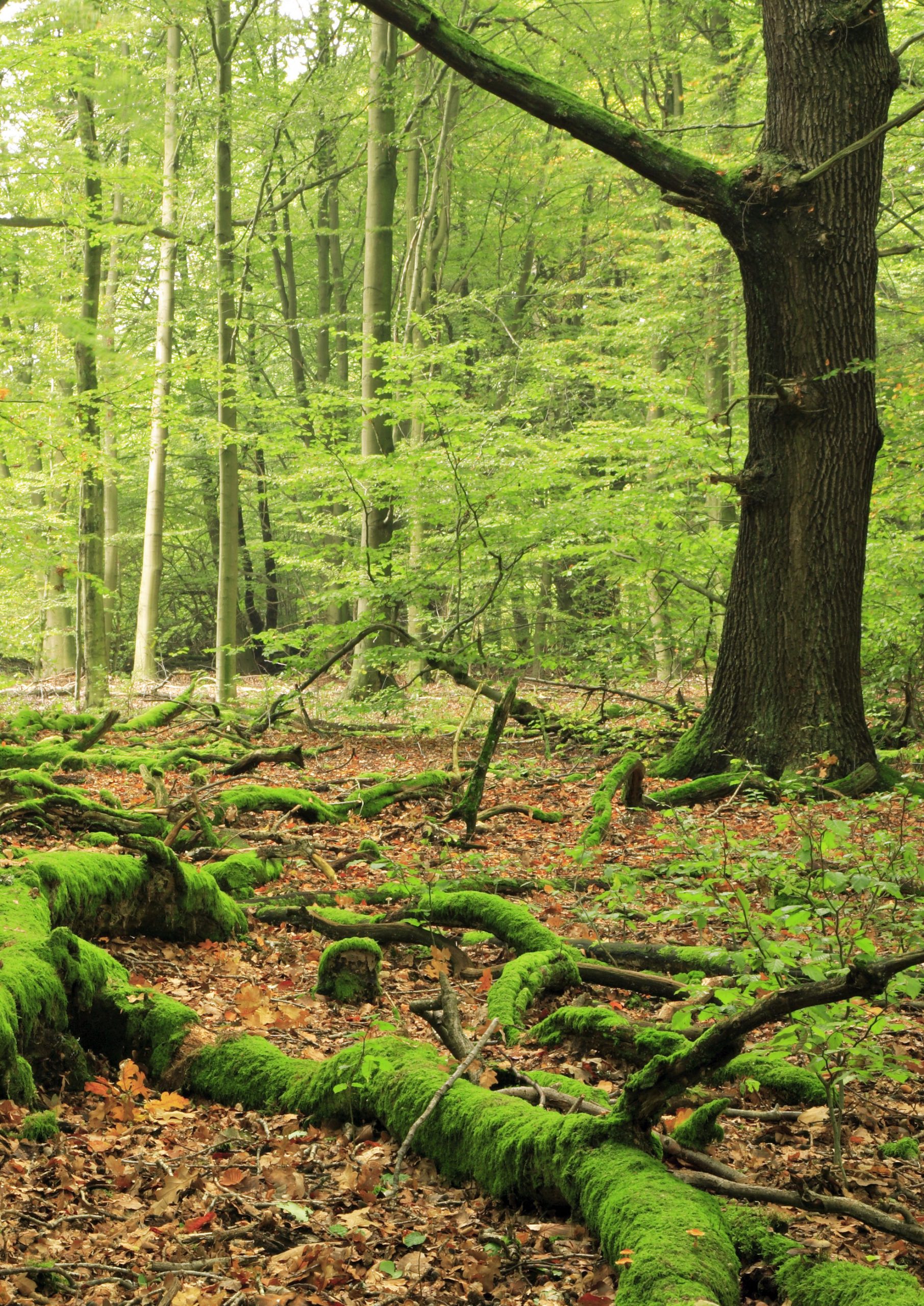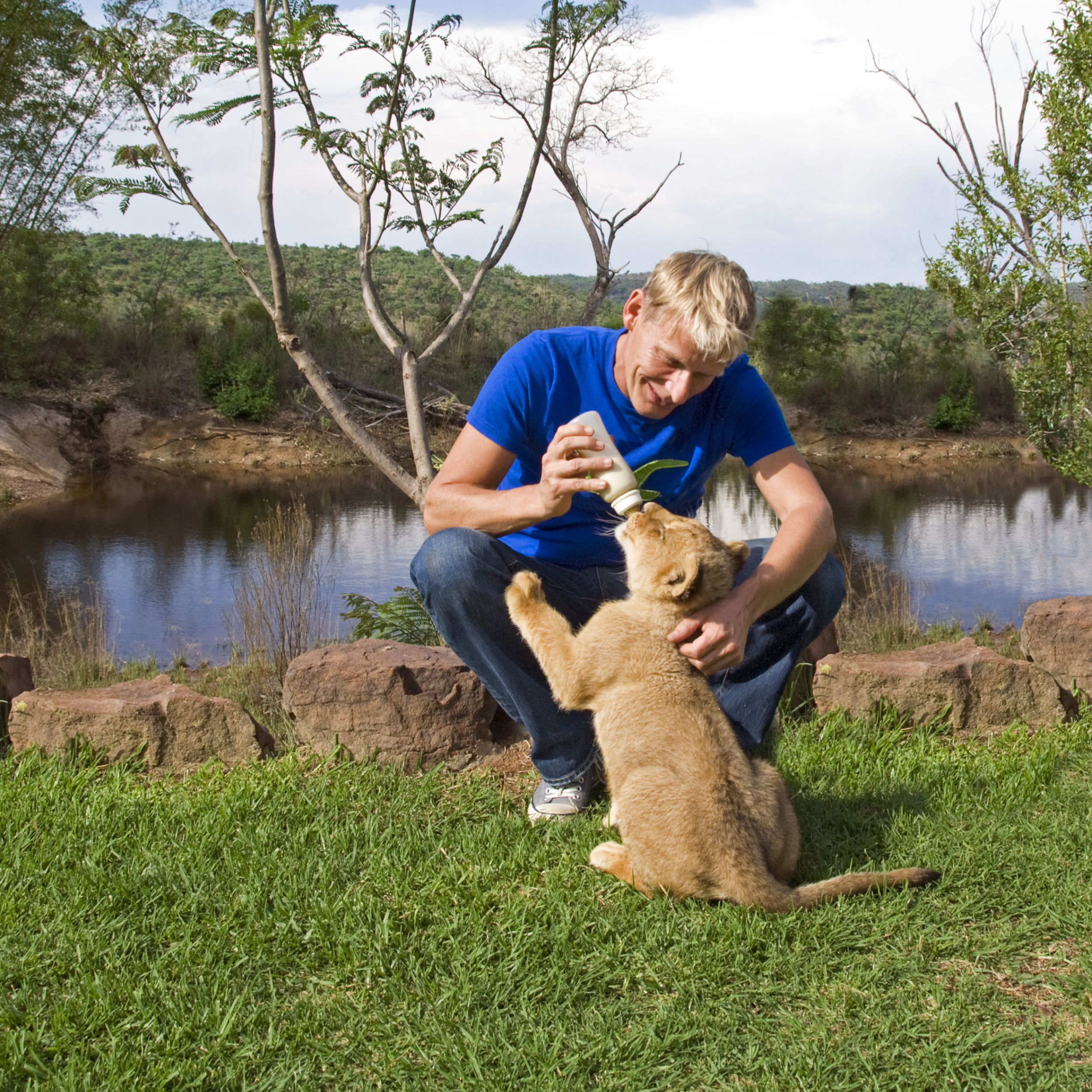Forests, Not Plantations
Rewilding Tourism Must Be Transparent.

Image jacoblund
Lynn Johnson
5 September, 2021
One of the trends emerging from 18 months of a global pandemic is that of rewilding tourism; namely using your holidays to volunteer your time to plant the woodlands of the future.
HowToSpendItEthically.Org and Nature Needs More are excited about this critically important activity. But, given the experience of the canned hunting industry, which largely relied on volunteer tourism to raise the lion cubs being bred for the bullet, is it time to scope out some conventions before this takes off? What is rewilding tourism and, more importantly, what must it never become?
To start this conversation, we offer a few ideas.
Forests, Not Plantations.
As someone who may be considering committing money and time to help plant the woodlands of the future, what do you know of the aims of the project? Have the landowners provided the seedlings and saplings to cultivate a biologically diverse forest? As it grows, will it have sufficient local variety to support the native flora and fauna once widespread in the region? What are you told about the expected timelines for these species to return and how will this evolution be measured? A monoculture is not useful, don’t waste your time helping to create one.
100% Commitment To No Commercial Logging.
Have the owners of the land you are helping to rewild provided a 100% guarantee that the forest will never be subject to commercial logging? Does the land have a legal covenant stipulating this new forest will never be used by the timber industry? Just like the volunteers who check in to find out how the life of the lion cub that they helped to raise turned out, you don’t want to see trees you planted destroyed by commercialisation. What are the landowners stewardship commitments for this new forest you are helping to create?

Image AVTG
100% Commitment That Hunting and Shooting Is Prohibited.
As the forest you are helping to cultivate develops and the wildlife returns, have the owners made a commitment that hunting, and shooting will never be allowed in the new forest? Are all firearms prohibited? Again, what has been written into any legal covenants in relation to native wildlife protection? Depending on where you are in the world, and the prevailing climate and soil conditions, it may take years or decades for some native wildlife to return. And, when some of those returning species are predators, what are owners plans to get the local community on board with the project, and overcome old cultural norms? Many people in the world need to relearn how to share with wildlife.

Image Murmakova
100% Commitment To No Commercial Irrigation For Local Agriculture.
As the trees you are helping to plant send their roots deep into the earth, they will help with the recovery of the local water table. But, what happens with this water? It should be used to ensure that the forest stays healthy, evolves and spreads, all of which it needs water to be able to do. Have the owners committed that the forest will never be used to extract water for agricultural irrigation? You only have to look to the impact of the Murray-Darling water system that has been pillaged for cotton and rice cultivation, in Australia, to know how damaging irrigation is to the natural world.
100% Commitment No Destructive Recreational Activities
In speaking to a friend recently about a walk through a local forest, he talked about enjoying the cacophony of bird songs for many hours on his walk, until, in the distance, he heard the roar of dirt bikes. Though the bikes came, and went, in just minutes, the next couple of hours of his walk were pretty silent, the birds had gone.
If we want nature to thrive, 4 wheel drive activities and dirt bikes have no place in forests. Have the owners committed to never allowing destructive recreational activities? Rewilding should mean that the land is for wildlife, plants and light-touch eco-tourism.
These are just a few questions you could be considering as you think about a rewilding holiday.
By thinking about these questions early, rewilding tourism won’t be scarred in the same way conservation tourism’s reputation has been tainted. Undoubtedly, there have been many heartbroken young people who thought they were doing the right thing for wildlife by helping to raise a lion cub.
They were told the cubs had been abandoned by their mother, and they were also told that their cubs would be helped to return to the wild.
In the end, many found out they were duped by unscrupulous people who had lioness cub factories, producing litter-after-litter, and that they were hand-rearing lion cubs, being bred for the, canned hunting, bullet.
Rewilding tourism must be transparent, there must be no more CON in conservation here.
The idea that more people are considering the benefits, for the planet, of travelling deep and local, not superficial and far, is sensational. This growing movement and commitment can’t be tainted by the unscrupulous.
As someone thinking about a rewilding holiday, be curious. Ask questions and expect answers that can be backed up with evidence. There couldn’t be a better time to reconnect with the natural world in your region or country. Nature certainly takes care of us and, now, it is time for more of us to take care of nature.
We would love to hear about your Rewilding Tourism experience, if you have a story you are happy for us to share, please email lynn [at] howtospenditethically.org

Subscribe To
[mc4wp_form id=”29″]





